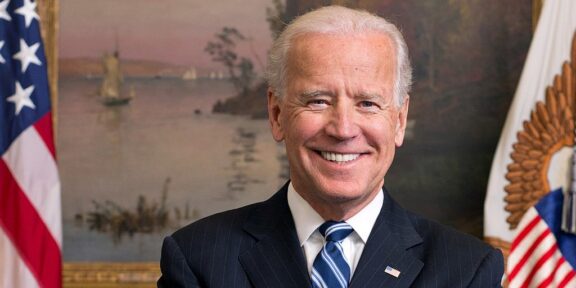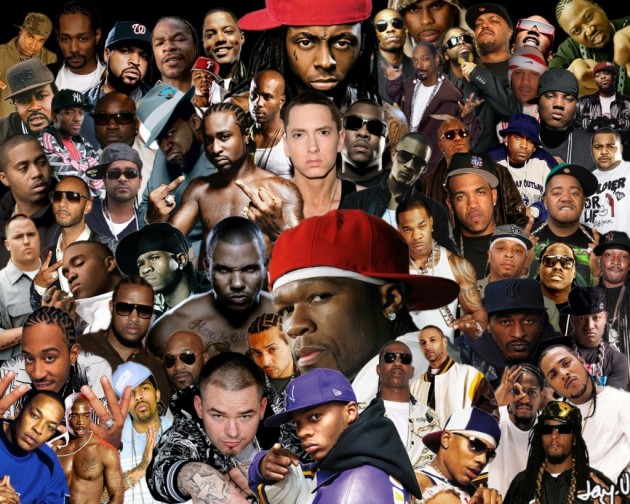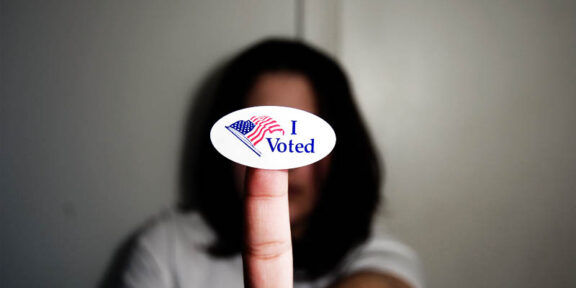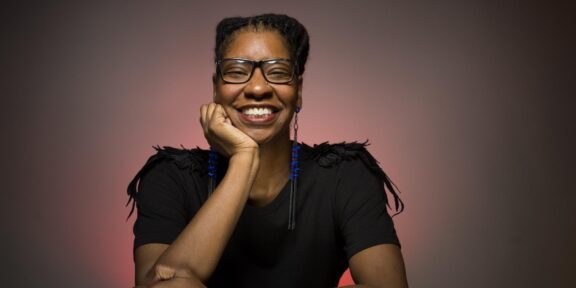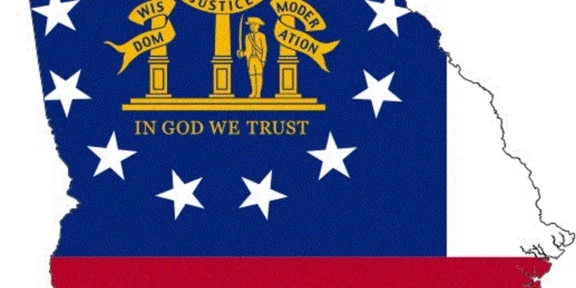Gray Swells Field of Candidates in April Democratic Primary

The race for D.C.'s next mayor is heating up as Mayor Vincent Gray says he will run for a second term, pushing the field of candidates for the spring Demoract primary to eleven.
Gray released a letter to supporters this week saying that the city is better off today than it was when he was elected three years ago.
"I am running for reelection to build on the progress and achievements of our first term," the letter says. "We are accomplishing what we set out to do. Step by step, we are moving our city forward. We have built strong foundations. But our work is not done."
The announcement ended months of speculation about whether Gray would seek a second term while a federal investigation into corruption surrounding his 2010 campaign continues.
Four D.C. Council members–Jack Evans (D-Ward 2), Muriel Bowser (D-Ward 4) Tommy Wells (D-Ward 6) and Vincent Orange (D- At Large)-have declared their candidacy along with former State Department official Reta Jo Lewis, businessman Christian Carter, Busboy's and Poets proprietor Andy Shallal and businessman Nestor Djonkam, who also ran in 2010.
Two former mayors, Adrian Fenty (D) and Anthony Williams (D), have declined to run, along with Carol Schwartz, former republican At-Large on DC council and Chief of Police Cathy Lanier. At-Large Council member David Catania is a potential Independent candidate, according to local political observers.
A mock primary sponsored by Wells's campaign reveals that Gray is still a top contender for the seat, with 21 percent of those participating voting for him, though he has yet to say whether he will seek re-election. Bowser, Wells and Evans fell second, third and fourth, respectively, behind Gray, with 17 percent, 16 percent and 13 percent of votes cast. The mock primary was held before announcements were made by Lewis, Carter, Djonkam, Orange and Shallal. Wells told The Washington Post that the results of the primary were "very encouraging" because they show that there is no current front-runner in the race.
On Nov. 13, six candidates-Evans, Bowser, Wells, Orange, Lewis and Shallal met for the first debate amongst the candidates. Sponsored by the D.C. Bar Association, the debate tackled various issues, including Mayor Gray's ongoing federal investigation concerning secret funding for his 2010 campaign, the District's bid for statehood and proposed increases in minimum wage.
Allyson Carpenter, 17, attended the debate and was disappointed by what the candidates presented.
"It didn't feel like a debate. Each candidate agreed on just about everything including a mutual disproval for the incumbent mayor. This made it difficult for any candidate to stand out," said Carpenter.
To be eligible to appear on the ballot, candidates have to submit a nominating petition consisting of 2,000 signatures of registered voters who are of the same political party as the pursuing candidate. The petition may be circulated by a designated person within the candidate's campaign. The petition circulator is required to sign a sworn affidavit for circulators, be a registered voter and personally witness ever signer sign their name. Signers must be registered voters, sign their own names and be sure to sign the same name that they used when initially registering to vote. Candidates who wish to be eligible for the April 1 primary must submit the petition by January 2. The petitions were made available on Nov. 8.
When a potential candidate submits the nominating petition, he or she must include a signed and notarized Declaration of Candidacy. D.C. Board of Elections uses the declarations to determine if a candidate is eligible to hold office. Potential candidates must submit the declaration by the January 2 deadline.
"They have to collect signatures in order to get ballot access. This is the process to be placed on the ballot, it's the law. It's in the statute," said Karen Brooks, registrar of voters for D.C. Board of Elections.
The Democratic Primary in the District is April 1. Because D.C. voters are overwhelmingly Democrats, the primary winning is the de facto general election winner.
Brandon Dean, a senior political science student at Howard University, has actively involved himself in D.C. politics since moving to the District in 2010. Dean, 21, supports Bowser and believes that she is the best candidate for the position.
"[She is polished, talented, knowledgeable and holistic. She's progressive and she has the right agenda and the experience to do well, Dean said.
He has thrown his support behind Bowser particularly because of the stances she has taken on issues such as education, fair housing and ethics reform.
"These are issues that are important to me," said Dean.




